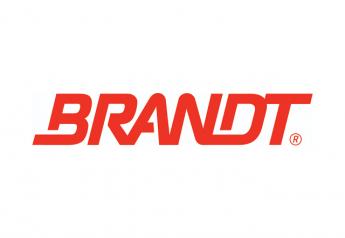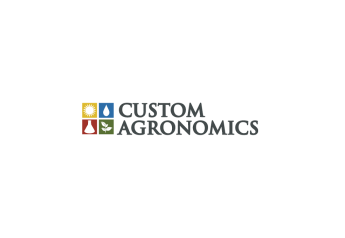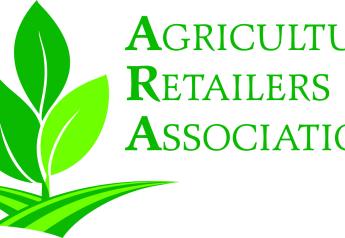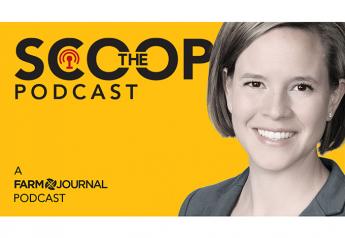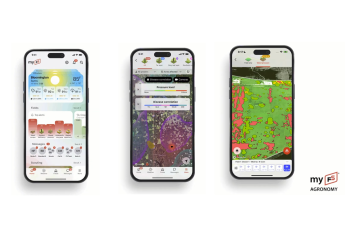Q&A With CNH Industrial’s CEO Scott Wine
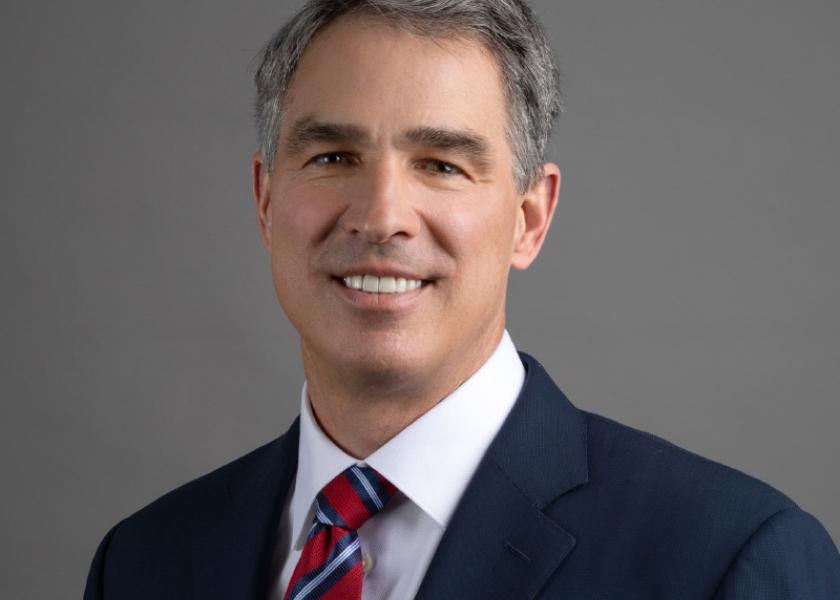
Scott Wine is the Chief Executive Officer of CNH Industrial N.V. and an executive director on the Company’s Board of Directors. He joined CNH Industrial from Polaris Industries where he was CEO and chairman. He holds a Bachelor’s degree from the United States Naval Academy, and an MBA from the University of Maryland. He serves on the Boards of US Bancorp and the U.S. Naval Academy Foundation.
You’re approaching the one-year anniversary of joining CNH Industrial, how’s it going?
I am almost at the nine-month point now. They announced my new role in late November, and then I joined CNH Industrial in January 2021. It’s been a whirlwind, but every bit the challenge and the opportunity to be expected.
As a company, what's your unique selling point and positioning right now?
We've got two great global brands in ag and also a really strong Case equipment brand in construction. We've got an incredibly passionate and dedicated team, and we've got a business that is in many ways has been under invested in and under focused on. Yet we're still number two in the global ag market and I just say ‘my gosh, what happens, we actually run this thing the right way and start to deliver the value that we know we can for our customers and dealers.’ I'm really, really bullish. We've got to win on product branding, distribution and I feel comfortable that we can
What are the areas on the top of your list going forward?
The acquisition of Raven gives the indication that I think we should or could have invested a little bit more some of our technology platforms. Precision and autonomy are an opportunity for us, and Raven really helps put us in a very, very competitive position. But our powertrains are industry leading, and some of the things we're doing with alternative powertrains are also industry leading.
What would you share about the company’s larger structure and the upcoming spin off of the on-highway business?
CNH Industrial is really the name that was taken after we merged with the Iveco and FPT back in 2013. And we’ve only got about three months and a of couple days before we separate that big part of the business. We’ll lose about $14 billion dollars in sales, but we pick up a very, very sharp ability to focus on our dealers and customers, which we're really excited about.
Where do you see most growth coming in the next few years?
We're seeing demand order books out well into ‘22 for most of our product lines. Our combines and four-wheel-drive tractors are industry leading, and we hear that regularly. You're going to continue to see us invest and bring new technologies and new solutions out whether it's sprayer technology or next gen combine technology, all of these different powertrains–e're going to continue to innovate and give our farmers different and better productivity and yield tools. We have made a lot of investments and will continue to make a lot of investments of which Raven was one that was an acquisition, and sometimes we'll do it organically. Sometimes we'll do it with partners like the investment we were made with Monarch recently on the electrification platforms. So there’s just lots of opportunities for us and I'm really bullish on how we can use that capability to add value for farmers.
What’s the future of autonomy?
Autonomy is really going to go in two areas. There certainly for example, grape harvesting and specialty tractor scenarios where autonomy makes a lot of sense. And there's also large cash crop customers that operate multiple machines regularly, where autonomy makes a lot of sense.
I think it's going to depend on where you are, what type of farmer you're talking to, whether it makes sense or not.
What does one of your dealers look like in the future?
You're going see us giving them better CRM tools, so they're better able to service their customers with more information in hand. I think that the digital solutions that they offer, whether it's reporting or agronomy that they offer to their farmers is going to be better. Their ability to provide better precision support as we put more precision technology on the tractors and combines and equipment the dealers are going to have to be more effective and efficient at servicing those and we're going to give them the tools to do that.
What about the current issues in the supply chain?
The team has done a really nice job managing through it. I mean, it's brutal. It's the most difficult supply chain situation I’ve seen.
I was a supply officer in the Navy before I joined the industrial world. So I've been around much of it in all my life. I've never seen it this bad. But the team's done a nice job of managing through it.
There's just shortages. We've been building all year products without all the parts so they have to come back when the parts come in, and we finish them up and ship them out. Lately the semiconductor issue has really started to impact us because a lot of the chip assembly work is done in Malaysia and some of our, some of our key engine component suppliers were relying on those chips and we just can't get them. So it's a brutal world, but we're managing through it. But it's not easy and not cheap.
What are some of the lessons you learned with your previous roles that you think could have direct application to farmers today?
Well a couple come to mind immediately.
First, all the navy operates on S. O. P.–standard operating procedures–in corporate America we call it standard work. You think about a lot of the farm operations and if they have standard work that they know if somebody's out and somebody fills in that it gets done the same way. A navy warship turns over the entire population of the ship every three years. Yet they don't make mistakes. They don't make mistakes because they have standard work and I think standard work/standard operating procedures would be really good for farmers.
The other is tireless work ethic. I mean I've never, in my entire career worked as hard as I did when I was on a Navy warship. You don't sleep very much. You're always working, you're always on and that's exactly what farmers do.
I think those are two of the most relevant requirements, but I'm sure there are others.


